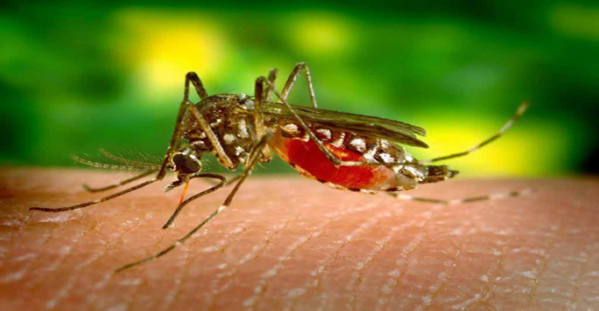As the world marks World Mosquito Day today, health experts have warned of a resurgence of malaria cases in the Asia-Pacific and other parts of the world and called for renewed focus on mosquito control.
The day commemorates the 1897 discovery by Sir Ronald Ross that female mosquitoes transmit malaria. Since 2009, the Asia Pacific Malaria Elimination Network (APMEN) has used the occasion to draw attention to challenges in vector control.
According to the World Malaria Report 2024, malaria cases in the Asia-Pacific rose from 6.8 million in 2020 to 10.5 million in 2023, driven by political instability, climate change, and resistance to drugs and insecticides.
APMEN noted that while insecticide-treated nets and indoor residual spraying have prevented millions of cases globally, gaps remain in addressing outdoor transmission, surveillance, and funding.
A Nature study showed that in Africa, where 95 per cent of malaria occurs, insecticide-treated nets alone accounted for 68 per cent of cases prevented between 2000 and 2015, rising to 78 per cent when combined with spraying.
The group highlighted new threats, including outdoor biting mosquitoes in Papua New Guinea, limited entomological expertise across the region, and climate change expanding malaria and dengue risk zones.















